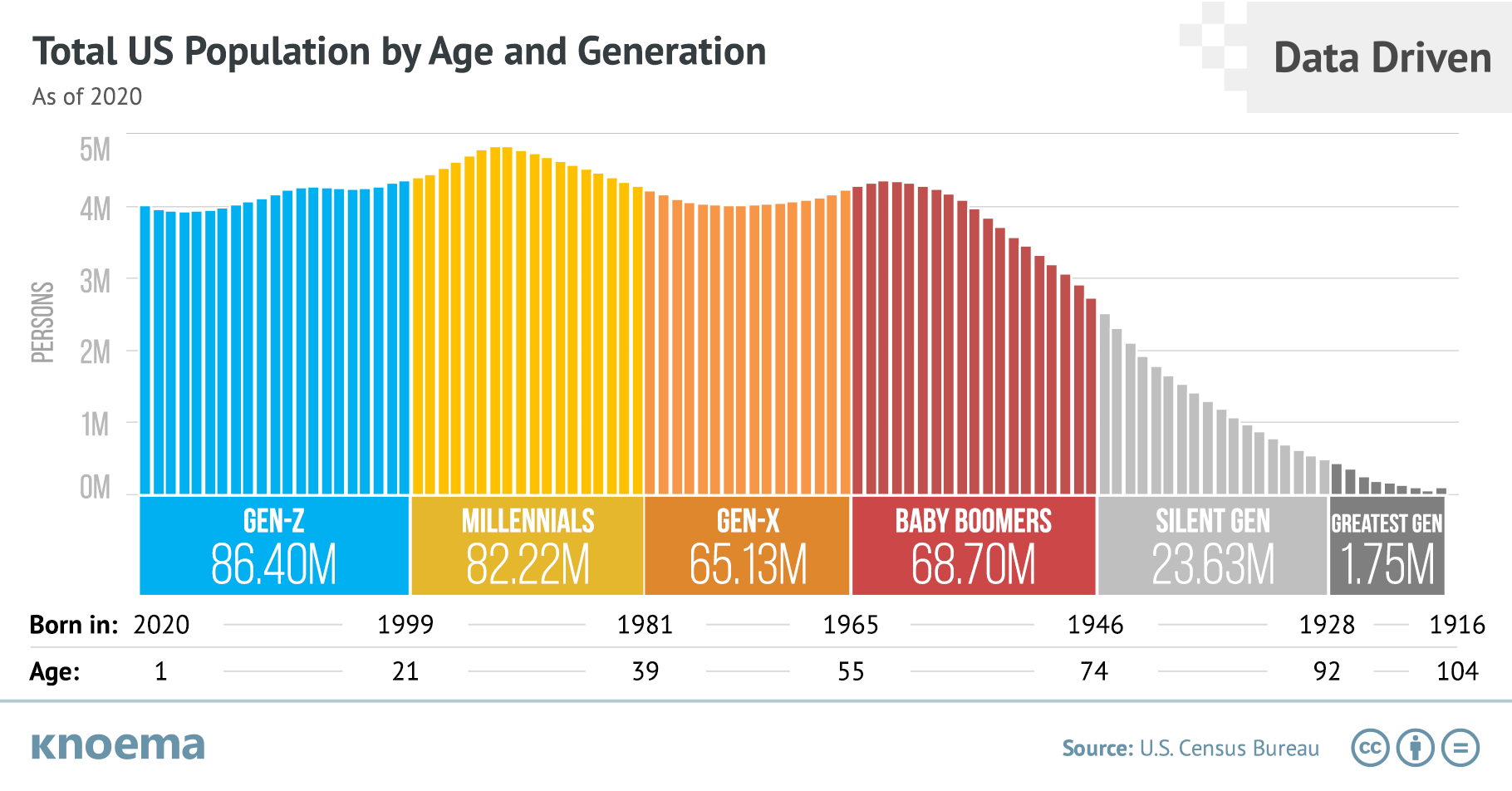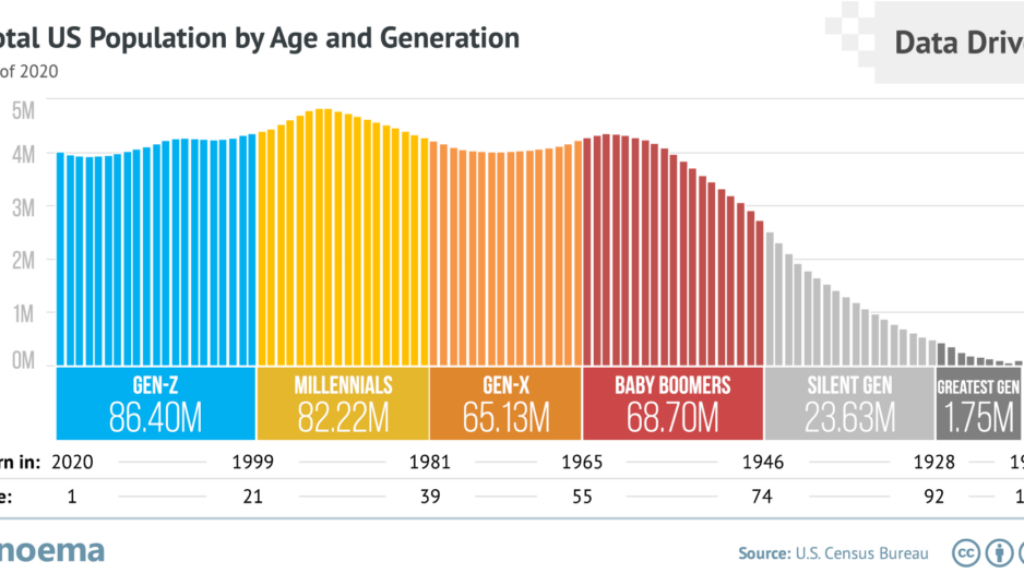Healthcare Across the Generations
By Monica Rush, Penn State Health St. Joseph, Director Rehabilitation Services
Article from Women2Women Magazine, Summer 2021; pages 30-31
The healthcare industry has seen so many changes over the past decade due to technology; telemedicine/telehealth, price transparency, remote monitoring tools, and artificial intelligence, all fueled by a younger patient generation. While it has been challenging for some of the older generations to implement and use these tools, many had no choice during the pandemic but to learn all about virtual visits and how to access their health information portal. You can’t expect to give the same patient experience across the generations. Different generations have different expectations for their priorities and experiences in healthcare. While patients of all ages have some things in common, such as wanting to be well and pay the least amount possible for healthcare, each generation approaches the healthcare system with different attitudes and mindsets. Regardless of age, more patients are shopping around for medical care the way they do for other consumer services, to determine how and where they will spend their health care dollars. And technology plays a bigger role than ever before; from booking appointments, chatting with a provider, to paying your bill. Many healthcare systems are finding they need to better identify the patients they serve and make sure staff understand their specific needs and language. In addition to age or generation, sometimes it makes sense to refine engagement strategies based on criteria such as diagnosis or cultural diversity. Healthcare today is about more than just administering care in the physical office, but also communicating and engaging with patients at all times, even virtually through the use of technology and understanding that not all patients have this access.
Generation Z (age 6-24)
We’ll focus on the adults of this generation since those born less than a decade ago aren’t making decisions about their healthcare. Most do not have a primary care provider and they are less likely to go to the doctor due to the cost, inconvenience of an appointment or their general lack of time. They still prioritize both their physical and mental health and many rank their mental health as poor, having concerns with stress and anxiety. This generation is more of a whole-person wellness and tends to seek out alternatives, such as supplements and wearable devices. This generation of patients likes to have input in decision-making while they still consult their parents when making healthcare decisions since they are just becoming independent. These options increase convenience for them, which is beneficial to their busy and fast-paced lives.
Generation Y/Millennials (age 25-40)
Millennials are tech-savvy in nature and expect immediacy. They like to use technology as part of their healthcare experience, they value efficiency and convenience. They view health differently from their parents and grandparents, down to the very definition of the word. Previous generations are more likely to associate healthiness with “not being sick,” while millennials think more of eating smart and exercising. They’re concerned with maintaining their daily wellness, rather than making it in for their checkup. Millennials tend to seek out alternative medicine, such as wearables and dietary supplements. Health benefits and offerings like telemedicine, behavioral health and mindfulness are attractive to younger generations. Millennials tend to make decisions based on emotional experiences. It only takes one negative experience for them to switch providers. They place a high value on their peers’ input and existing patient testimonials. So much so that they’re more likely to make decisions based on advice they hear and read than expert advice. This generation focuses on the cost of healthcare when making decisions.
Generation X (age 40-56)
Generation X makes their healthcare decisions like they make retail decisions. They search for and rely on various sources of information, analyzing all options to determine which is best. This generation often visits the doctor, but not only for themselves as they are often caregivers for their children and aging parents. Since many of this generation is still working full-time, they need convenience and ease when scheduling appointments. Because of this they want more appointments after work and on weekends. Gen-Xers actively seek information online, including ratings and review sites. They have short-term expectations of their doctor relationships, are influenced by health care providers’ reputation and experience, and will switch providers based on recent experiences, a characteristic they share with Millennials.
Baby Boomers (age 57-75)
Boomers are known to prefer individual engagement during their healthcare system experiences. They like interacting with their providers and value their opinions, but also prefer to do some of their own research. This aging generation relies on healthcare often for their existing and developing conditions. While this age group didn’t grow up with the Internet, they have embraced technology and are actively seeking more tech-savvy ways to connect with their doctors. Baby Boomers are more brand-faithful than younger age groups and they’ll return to a practice if it has quality care and a doctor they can trust.
The Silent or Greatest Generation (age 75+)
The Silent Generation likes to stick to traditional health advice, which is why they aren’t as comfortable with the current shift in the health industry. They’re also among the highest users of healthcare. They require more and longer patient visits and expect a very high level of service from their doctors. This generation follows their doctors’ recommendations and relies heavily on them for health information and referrals. They respect their medical professional’s authority and they have a firm belief in good service. Because of this, they want credible professionals; they won’t trust just any health expert. Don’t assume that seniors aren’t tech-savvy like their younger counterparts; many people age 65+ use the Internet as part of their daily lives.




